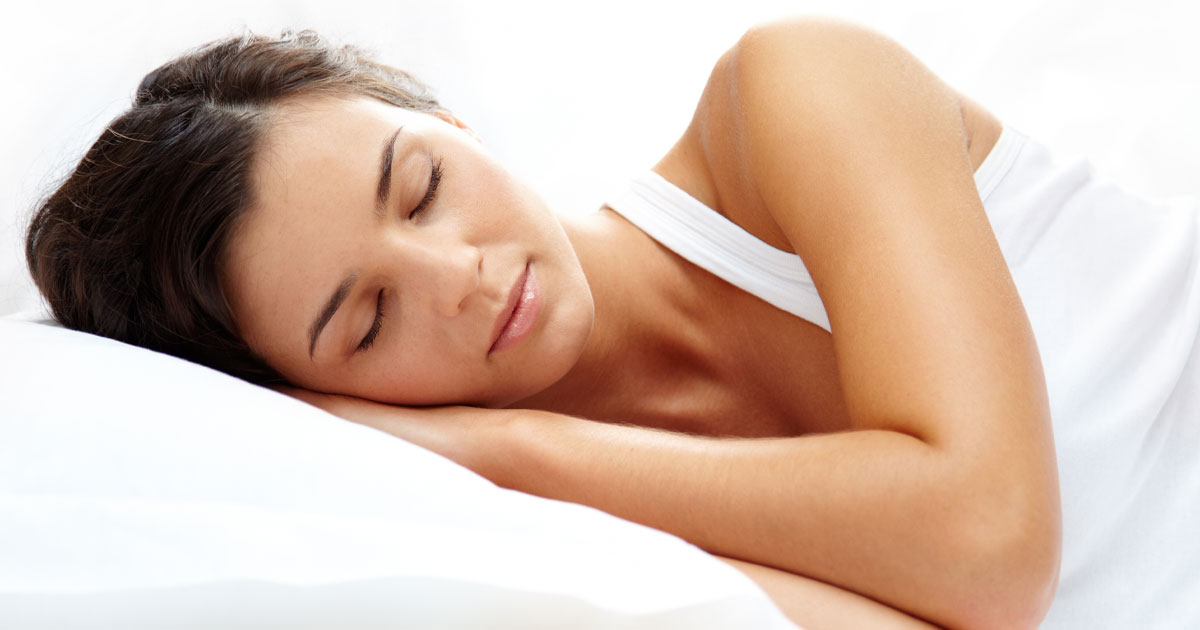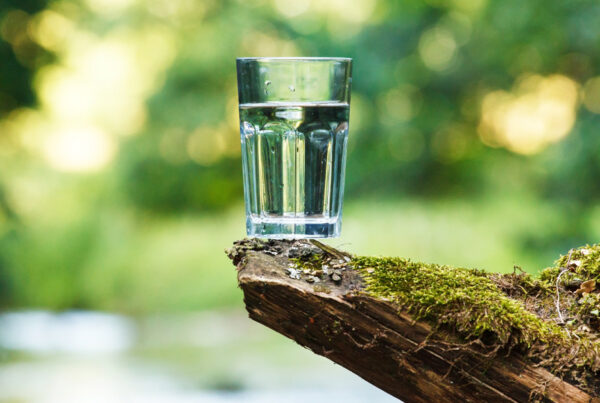By Jill Charton, NASM CPT
Founder of iFOUR
All cognitive & physical activity depends on a well rested mind and body. Without sleep, everything we do during our day becomes that much more difficult. Think about it:
- Every decision is made slower.
- Our minds are cloudy.
- We’re more likely to reach for a sugary snack or increase our caffeine intake to try & get a quick “pick-me-up.”
- We don’t push as hard or have the energy during our workouts.
- We don’t have the energy to give to our partner or play with our kids nonstop energy.
Everyone knows what a toddlers meltdown looks like & adults go through the same thing…we have just learned to control it better! So in order for you to function at your best, try to get 8-9 hours of sleep a night. I know that “some studies” have said that some people can function on less than that, but there’s a huge difference between “functioning” and being at your mental & physical peak.
Try to start observing your nightly routine and do a self check:
1.) Kill the Lights
Shut off all electronics, TV, phones, etc 1 hour before bed. The reason is that blue light inhibits the release of melatonin, and flashing light (like your TV) has been shown to increase cortisol due to the fight or flight response. Invest in blue light glasses or pre-program your cell to night shift mode in your settings.
2.) Do Not Eat or Drink Before Bed
To promote a better nights sleep, finish your dinner 2-3 hours before falling asleep. Your body won’t be using so much energy for digestion and it can focus on repair.
3.) Drop Down the Temp
Sleep studies suggest a thermostat setting between 64-69 degrees depending on personal preference. If you’re naturally cold, try to drop the temp one degree at a time until your body adjusts.
4.) Make a To-Do List
Many people suffer from anxiety induced sleep insomnia where their mind is racing and they can’t fall asleep because they’re thinking of everything that happened at work, or the endless list they have to do the next day. If you can relate to this, I highly recommend making a to-do list before bed where you can get all your tasks written out on paper & off your mind so you won’t have to worry about forgetting them when you’re trying to sleep.
5.) Sleep vs Time in Bed
As we get older we need less sleep, but sleep efficiency also goes down. It starts to take you 8 hours to get 7 hours of sleep, or 9 hours to get 7 hours of sleep as you get older. For this reason, your time-in-bed need may actually increase with age.
6.) Keep it Consistent
Try to pick an 8-hour window that you can stick to & make that your own personal sleep schedule. This doesn’t mean that on the weekends you’re up partying until 3am. Aim to stay consistent even during the weekends. You’ll surprise yourself & after a few weeks you’ll fall asleep within a few minutes of hitting the pillow and won’t need an alarm clock to wake up.



